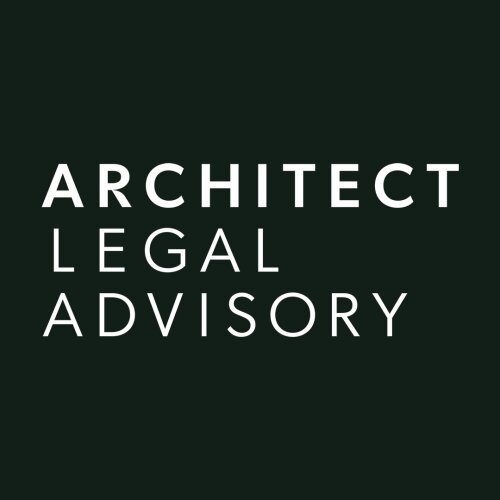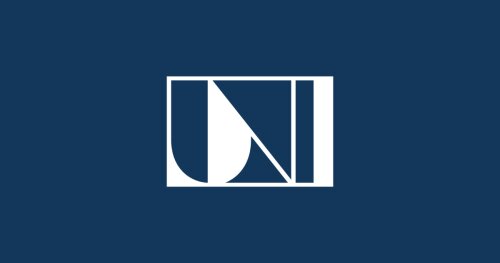Best Data Center & Digital Infrastructure Lawyers in South Korea
Share your needs with us, get contacted by law firms.
Free. Takes 2 min.
Or refine your search by selecting a city:
List of the best lawyers in South Korea
About Data Center & Digital Infrastructure Law in South Korea
South Korea is recognized as one of the most digitally advanced countries in the world, with robust internet infrastructure and widespread use of information technology. As a result, data center and digital infrastructure sectors have experienced remarkable growth. Data centers are physical facilities used to house computer systems, storage systems, and associated components such as telecommunications and security systems. The legal framework surrounding data centers and digital infrastructure in South Korea is shaped by a combination of technology-driven policies, data privacy regulations, foreign investment laws, and environmental standards. Understanding these legal requirements is crucial for businesses operating in or entering the South Korean market.
Why You May Need a Lawyer
Engaging a lawyer experienced in data center and digital infrastructure law can be critical for a variety of reasons. Common situations where legal assistance is often necessary include:
- Complying with data privacy and IT security regulations when handling or storing client data
- Navigating complex zoning and land use laws for constructing or expanding data center facilities
- Negotiating contracts involving cloud services, colocation, and managed services
- Addressing cross-border data transfer challenges, including compliance with Korea’s Personal Information Protection Act
- Securing the necessary licenses and permits from government authorities
- Resolving disputes with vendors, clients, or service providers
- Adhering to environmental and energy standards imposed on large data operations
- Safeguarding intellectual property rights for proprietary hardware, software, or operational processes
- Managing regulatory compliance during mergers, acquisitions, or partnerships in the tech sector
Local Laws Overview
Data center and digital infrastructure operations in South Korea are subject to several key laws and regulations:
- Personal Information Protection Act (PIPA): South Korea maintains strict data protection standards. Operators must ensure personal data is collected and processed lawfully, with strict controls over cross-border transfers.
- Act on the Promotion of Information and Communications Network Utilization and Information Protection: Often known as the Network Act, this law mandates security measures for entities managing information and communications networks.
- Foreign Investment Promotion Act: This act regulates foreign ownership and investment in data centers, sometimes requiring approval processes.
- Building Act and Zoning Laws: Data centers must be constructed in line with national and local land use, safety, and environmental rules.
- Intellectual Property Laws: Protection for software, hardware, and innovative solutions used within data centers is robust, with enforceable IP rights.
- Telecommunications Business Act: Governs the operation of networks and telecommunication services, relevant to hosting and connectivity services in data centers.
- Energy and Environmental Regulations: Data centers must comply with laws aimed at minimizing impact on power grids and promoting energy efficiency.
Noncompliance with these laws can result in significant penalties, service disruptions, or reputational harm, making expert legal advice essential.
Frequently Asked Questions
What is required to set up a data center in South Korea?
Setting up a data center typically requires business registration, obtaining the relevant permits for construction and operation, and complying with zoning regulations. Environmental and safety assessments, along with compliance with data privacy and network security laws, are usually mandatory.
How does South Korea regulate the protection of personal data in data centers?
The Personal Information Protection Act enforces strict standards on how personal data must be collected, stored, and processed, placing significant responsibilities on data center operators regarding data security and user consent.
Are there restrictions on cross-border data transfers?
Yes, South Korea requires operators to follow specific protocols before transferring personal data overseas, including obtaining data subjects’ consent and ensuring adequate protection in recipient countries.
Can foreign companies own and operate data centers in South Korea?
Foreign ownership is permitted but may be subject to screening and approval based on the Foreign Investment Promotion Act. Certain sensitive sectors may face additional restrictions.
What environmental regulations apply to data centers?
Data centers must comply with energy efficiency standards and environmental impact assessments. Provisions for the use of renewable energy and responsible management of e-waste may also apply.
What contracts are vital in data center operations?
Service-level agreements, colocation agreements, cloud service contracts, and vendor contracts are vital. Legal review ensures these contracts address security, liability, and service continuity.
How are disputes involving data centers resolved?
Disputes are generally resolved through negotiation, mediation, or the courts. Arbitration may be used if provided for in contracts.
What legal steps are necessary for a data center expansion?
Expansion projects must comply with updated permits, zoning laws, environmental reports, and sometimes community impact assessments. Engaging legal counsel ensures all regulatory steps are followed.
How are intellectual property rights protected within data center operations?
South Korea provides strong legal protection for proprietary innovations in hardware and software. Registration or licensing can help secure IP rights against infringement.
Are there penalties for noncompliance with data center laws?
Yes, violations of data privacy, security, or operational regulations can result in heavy fines, business suspension, and criminal liability for responsible parties.
Additional Resources
Several key government agencies and organizations provide guidance and oversight for the data center and digital infrastructure sector:
- Ministry of Science and ICT: Oversees telecommunications, network security, and ICT policy
- Personal Information Protection Commission: Enforces data protection standards and handles privacy-related complaints
- Invest Korea: Supports foreign-invested enterprises and provides information on investment regulations
- Korean Data Center Council: Industry association offering resources and advocacy for data center operators
- Korea Internet and Security Agency (KISA): Provides guidance on cyber security and network integrity
Next Steps
If you require legal assistance with data center or digital infrastructure matters in South Korea, start by identifying your specific legal needs such as compliance, contracts, licensing, or dispute resolution. Gather relevant documentation and outline your objectives.
Next, consult with a lawyer who specializes in technology law and is familiar with the local regulatory landscape. Professional legal advice can help you navigate regulations, avoid costly delays or penalties, and secure your interests in this dynamic sector. A proactive approach ensures your operations remain compliant and competitive within South Korea’s fast-evolving digital infrastructure environment.
Lawzana helps you find the best lawyers and law firms in South Korea through a curated and pre-screened list of qualified legal professionals. Our platform offers rankings and detailed profiles of attorneys and law firms, allowing you to compare based on practice areas, including Data Center & Digital Infrastructure, experience, and client feedback.
Each profile includes a description of the firm's areas of practice, client reviews, team members and partners, year of establishment, spoken languages, office locations, contact information, social media presence, and any published articles or resources. Most firms on our platform speak English and are experienced in both local and international legal matters.
Get a quote from top-rated law firms in South Korea — quickly, securely, and without unnecessary hassle.
Disclaimer:
The information provided on this page is for general informational purposes only and does not constitute legal advice. While we strive to ensure the accuracy and relevance of the content, legal information may change over time, and interpretations of the law can vary. You should always consult with a qualified legal professional for advice specific to your situation.
We disclaim all liability for actions taken or not taken based on the content of this page. If you believe any information is incorrect or outdated, please contact us, and we will review and update it where appropriate.
Browse data center & digital infrastructure law firms by city in South Korea
Refine your search by selecting a city.














